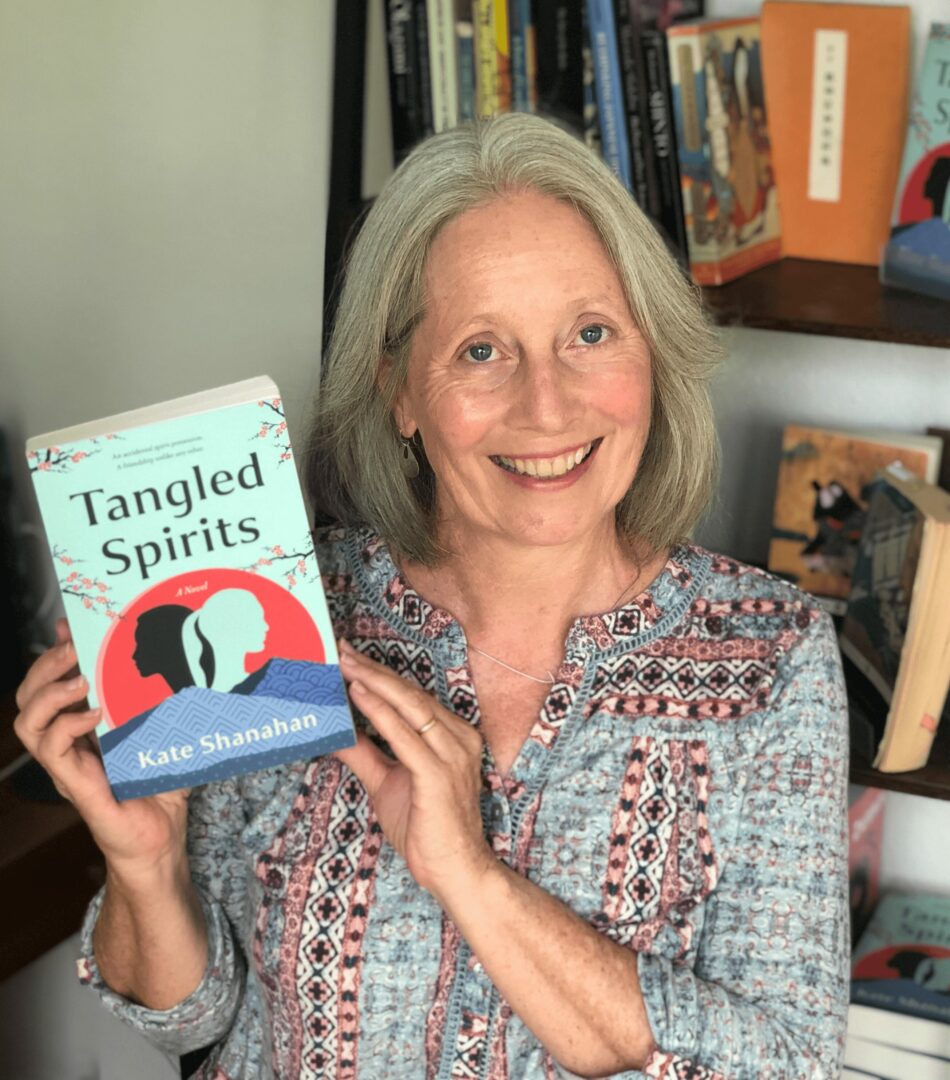We’re excited to introduce you to the always interesting and insightful Kate Shanahan. We hope you’ll enjoy our conversation with Kate below.
Kate, looking forward to learning from your journey. You’ve got an amazing story and before we dive into that, let’s start with an important building block. Where do you get your work ethic from?
1. Realizing that I was responsible for myself.
I didn’t used to have much of a work ethic. I always preferred to read a book, and I’d read for hours a day in middle and high school. I only played two sports (field hockey and tennis) for one semester each because sports took time away from reading. I also didn’t spend much time on homework, skating by with as little effort as possible because homework, like sports, took time away from reading.
But my family was large (nine siblings) and my parents had one income until I was in high school, so I knew money was tight. I didn’t want to ask my parents for money, so I started babysitting at thirteen, and then in high school, I got a job in the kitchen of a local hospital. I always showed up on time and took on extra shifts because I knew I had to save money for college. I was #6 in birth order and the five siblings ahead of me all went to college, so I didn’t want to ask for financial help from my parents. My father’s employer provided a grant for college tuition as a benefit (and since there were nine kids, that was a benefit that came in handy!) Student loans, work-study, and my savings accounted for the rest.
2. Working for a Japanese company
After graduating from college, I taught English in Japan for two years. Part-time, so guess what? I was poor, but I had lots of time to read.
But I started to get bored with reading all the time. I wanted a career and to be respected as a professional. So I went to grad school and then got a job with a Japanese company. And believe me, nothing develops a work ethic like working for a Japanese company! Even though I was salaried, I still had to clock in and out. A late clock-in meant sacrificing four hours of vacation time. The discipline required to be at work at 7:30am every day and never be late became a habit.
3. Wanting something badly enough to put in the time and effort to get it
I was driven to be the first woman to reach manager status in my division. I had a Japanese manager I respected and wanted to be respected by, so I worked long hours. When he took a two-week business trip, I knew he’d assume I’d slack off, so I worked twice as hard while he was gone, knowing his Japanese counterparts would give him a report on me. That worked. He was very impressed when he came back.
4. Cause and effect in a good company with good management
I proposed ideas for improvement, and my managers allowed me to take on new projects. I paid attention in my project management classes and applied what I learned. The results – getting projects done on time and under budget – led to good evaluations and promotions. Seeing my hard work pay off motivated me to keep working hard.
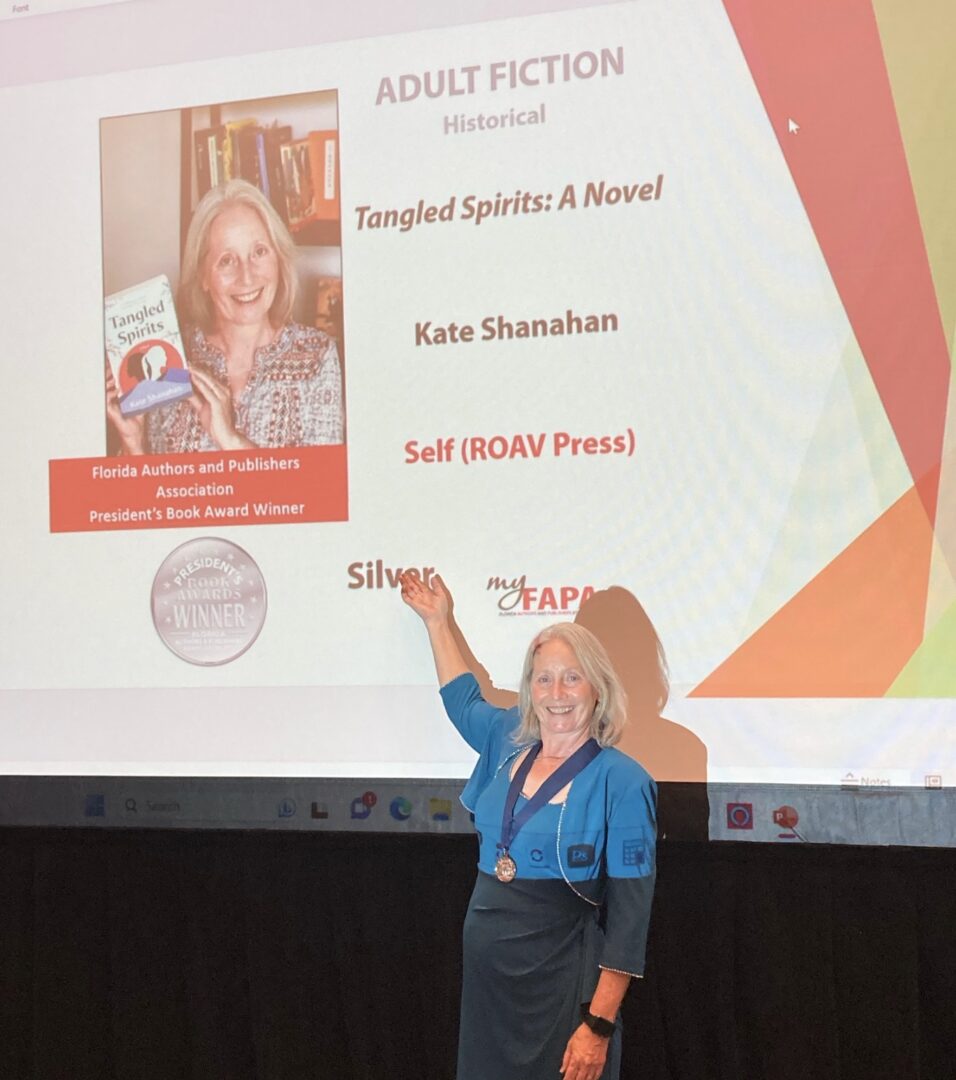
Let’s take a small detour – maybe you can share a bit about yourself before we dive back into some of the other questions we had for you?
When I lived in Japan and taught English part-time, I read several Japanese novels translated into English, including The Tale of Genji, written by Murasaki Shikibu, a lady-in-waiting at court in early 11th century Japan. It’s usually considered to be the world’s first novel. Murasaki wrote it in an era when nearly all women everywhere (and most men too) could neither read nor write. And not only did she write it, but enough people enjoyed reading it to ensure it was copied, shared, sold, borrowed, studied, and illustrated for the next one thousand years.
I also read Sei Shonagon’s The Pillow Book that year. Sei Shonagon invented a new form of literature known as “zuihitsu” (miscellany.) In today’s terms, it’s more like the world’s first blog. Read it, and you’ll see what I mean.
So here you have the world’s first novel and the world’s first blog, both invented by Japanese women over one thousand years ago. How did this happen? Rumor had it that Sei and Murasaki didn’t get along. With so much in common, why wouldn’t they like each other?
Those questions percolated in my head over the following decades while I worked for a corporation and raised a family. Once I had retirement in my sights, I thought about writing a book that would answer those questions. That became my first novel, Tangled Spirits, about an American college student named Mina whose spirit is catapulted into the body of a Japanese noblewoman–and aspiring shaman–in 10th-century Japan. The two young women have to work together to fight political and spiritual forces to get Mina home before it’s too late.
While a work of fiction, this novel is based on historical events and figures. Even the fantasy elements of spirit possession and divination are based on actual beliefs of the era. The fictions of time travel and spirit possession allow me to present this fascinating and complex culture without the story becoming too long or confusing. Based on reviews, I achieved my goal of providing an entertaining and poignant story to readers in the West.
A sequel, The Iron Palace, will be published on February 10, 2025. This is based on historical events and characters and has an element of mystery to it as well. The Crown Prince’s consort, Lady Motoko, died suddenly and mysteriously in the year 1002, and no one knows how or why. I tied that mystery into the plot with a retelling of a famous Japanese legend known as the Demon of Mount Ōe.
I think of my brand as entertaining, humorous, and poignant stories based on Japanese history and folklore.
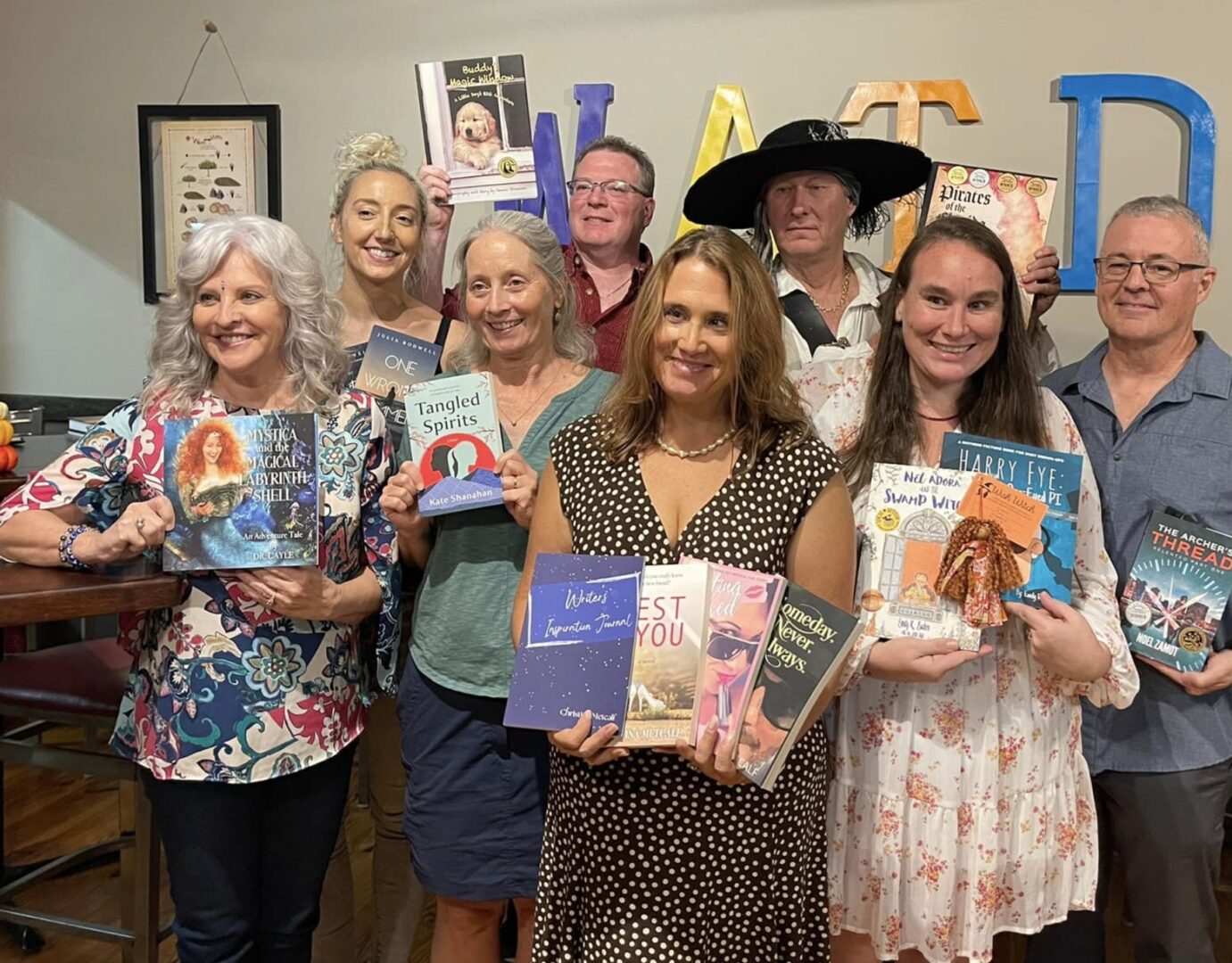
If you had to pick three qualities that are most important to develop, which three would you say matter most?
Be curious about the world
Travel, learn a new language, and read books in translation from different countries. Incorporate those experiences into understanding human nature and the world around you. You’ll see how humans have so much more in common than we are different, and that will help you in life because we live in a globally connected world. It also builds trust when you have to work or interact with people from other countries.
Persistance
Don’t give up too soon (although knowing when to move on is also a good trait.)
Apply new knowledge right away
When you take a training class, apply what you learn right away or you’ll forget it.
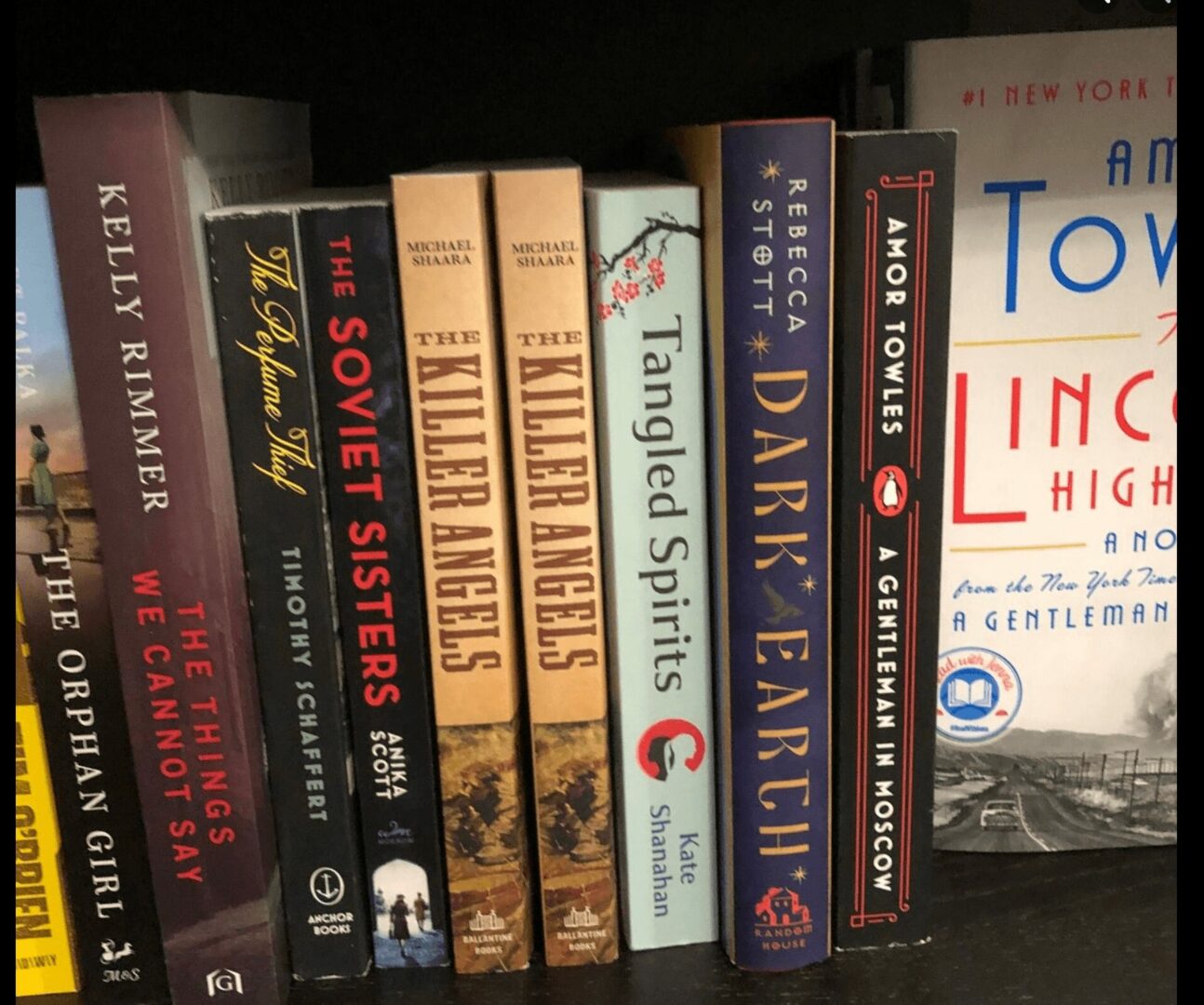
What do you do when you feel overwhelmed? Any advice or strategies?
I make lists. Breaking tasks down into a list and a schedule helps me manage that sense of being overwhelmed. I love to cross things off the list when they’re done. Some times I list items I already did, just so I can strike them off and feel a sense of accomplishment. Setting small goals helps also. When I couldn’t get myself started writing my second book, I decided to write a minimum of 1000 words a day, no matter if I thought it was good or bad. Sometimes it was very bad, but it worked – I got out of my non-writing mode and started to make progress toward an actual book.
Contact Info:
- Website: https://kvshanahan.com/
- Instagram: https://www.instagram.com/kateshanahan1/
- Facebook: https://www.facebook.com/katevshanahan
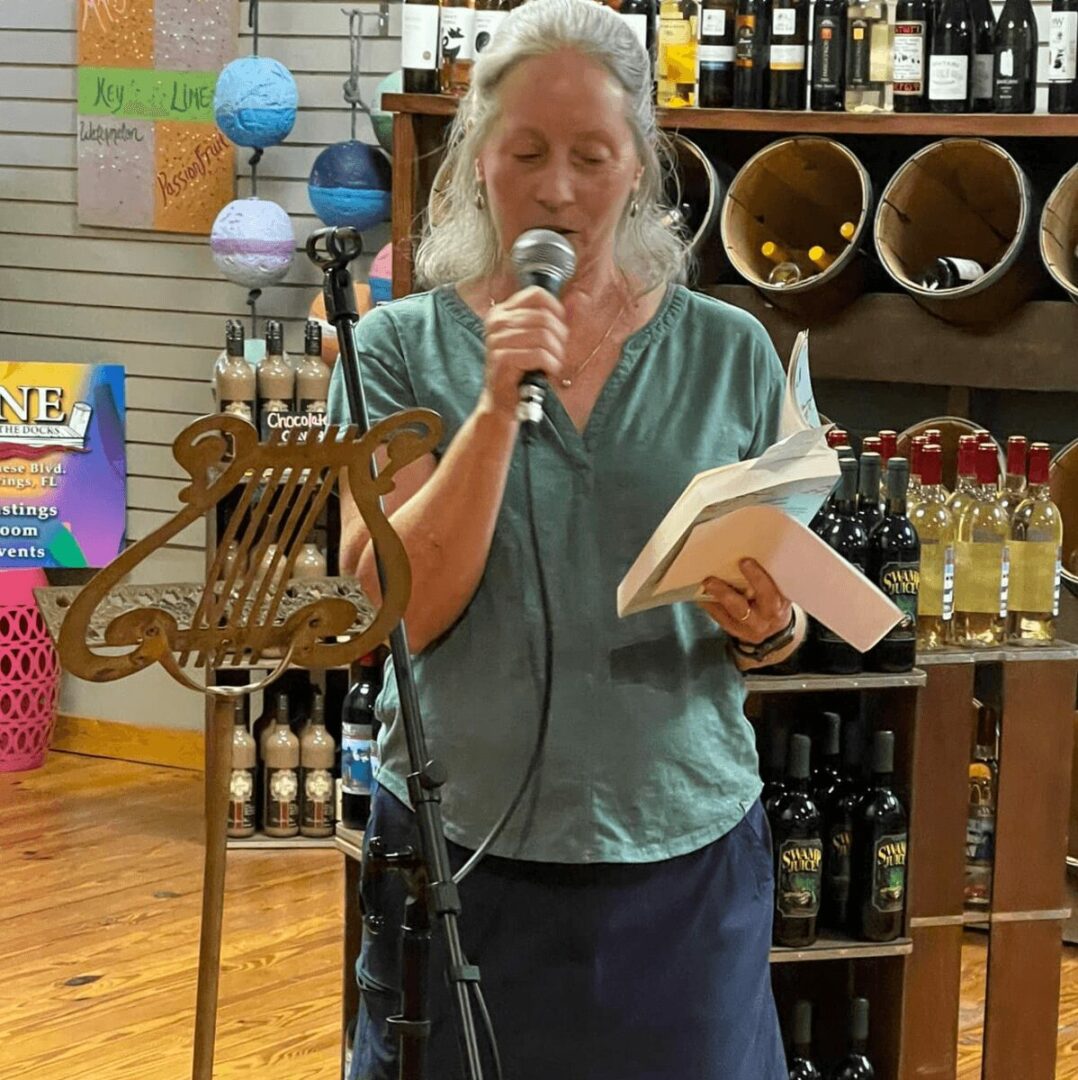
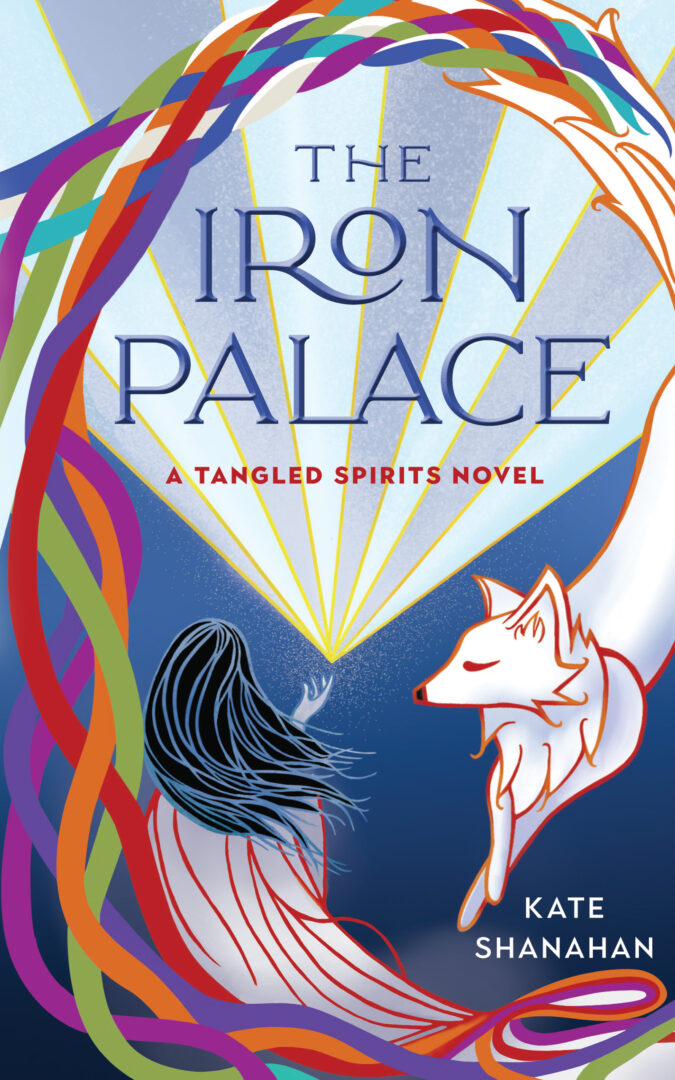
Image Credits
Kate Shanahan, Evelyn Presley, Donna Armillei
so if you or someone you know deserves recognition please let us know here.

